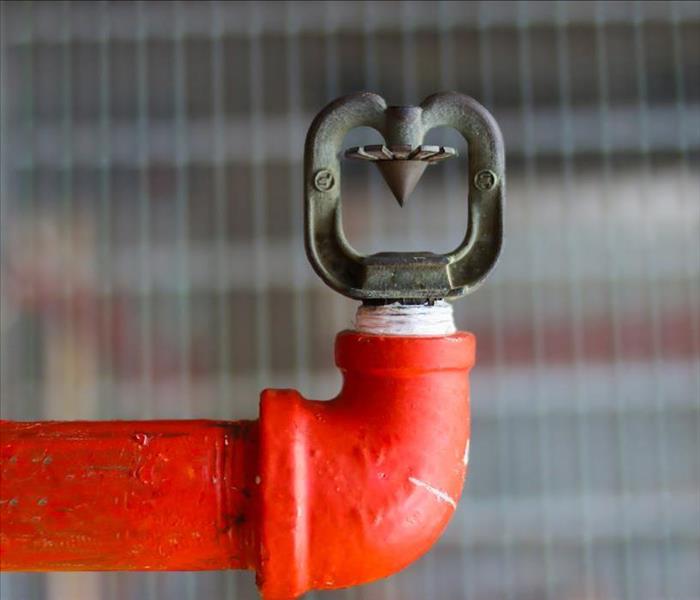5 Primary Types of Commercial Fire Sprinkler Systems
12/14/2020 (Permalink)
5 Primary Types of Commercial Fire Sprinkler Systems
As a commercial building owner, it's very important that you know how your specific fire sprinkler system works. After all, this information is vital when it comes to saving your building in Design District, FL, as well as its contents and occupants, in the event of a major fire. Read on to learn more about the five primary types of commercial sprinkler systems.
1. Dry Pipe Systems
These types of fire suppression systems are common in colder climates, where it's necessary to have a system that keeps the pipes from freezing over in the winter. These systems are filled with air, as opposed to water, and only activate when the sprinkler head turns on. The response time is a bit longer, due to the fact that the water doesn't actively sit in the pipe.
2. Wet Pipe Systems
Unlike dry pipe systems, wet pipe sprinklers do contain pipes that are filled with water. These systems help reduce fire sprinkler cleanup, since each sprinkler head works independently, and only discharges a spray of water when high enough heat levels are detected.
3. Deluge Systems
These systems are similar to wet pipe sprinklers, except each sprinkler head works in unison; once one sprinkler head is activated, the rest of them are as well. These systems are common in industries that tend to work with flammable liquids or other fire hazards.
4. Foam Systems
Much like the name implies, these systems discharge sprays of water and foam in unison. They are highly effective when it comes to fire suppression, and are often used in spaces that deal with hazardous components, such as aircraft hangars.
5. Pre-Action Systems
This type of fire sprinkler combines the benefits that both wet and dry systems have to offer. These sprinklers are beneficial when used in libraries, data centers, museums and other buildings that contain items that are susceptible to fire and water damage.
Knowing how your specific fire sprinkler system works is only half the battle; you also need to make sure you're having the sprinklers tested and inspected on a regular basis. Contact fire remediation experts for more information.






 24/7 Emergency Service
24/7 Emergency Service
